
ACADIA 2020 | DISTRIBUTED PROXIMITIES | October 24-30, 2020 | Online + Global
SESSION CHAIRS
This year's ACADIA conference features 14 sessions of peer-reviewed paper presentations, organized thematically and chaired by invited moderators. For the full conference schedule, please see this link.
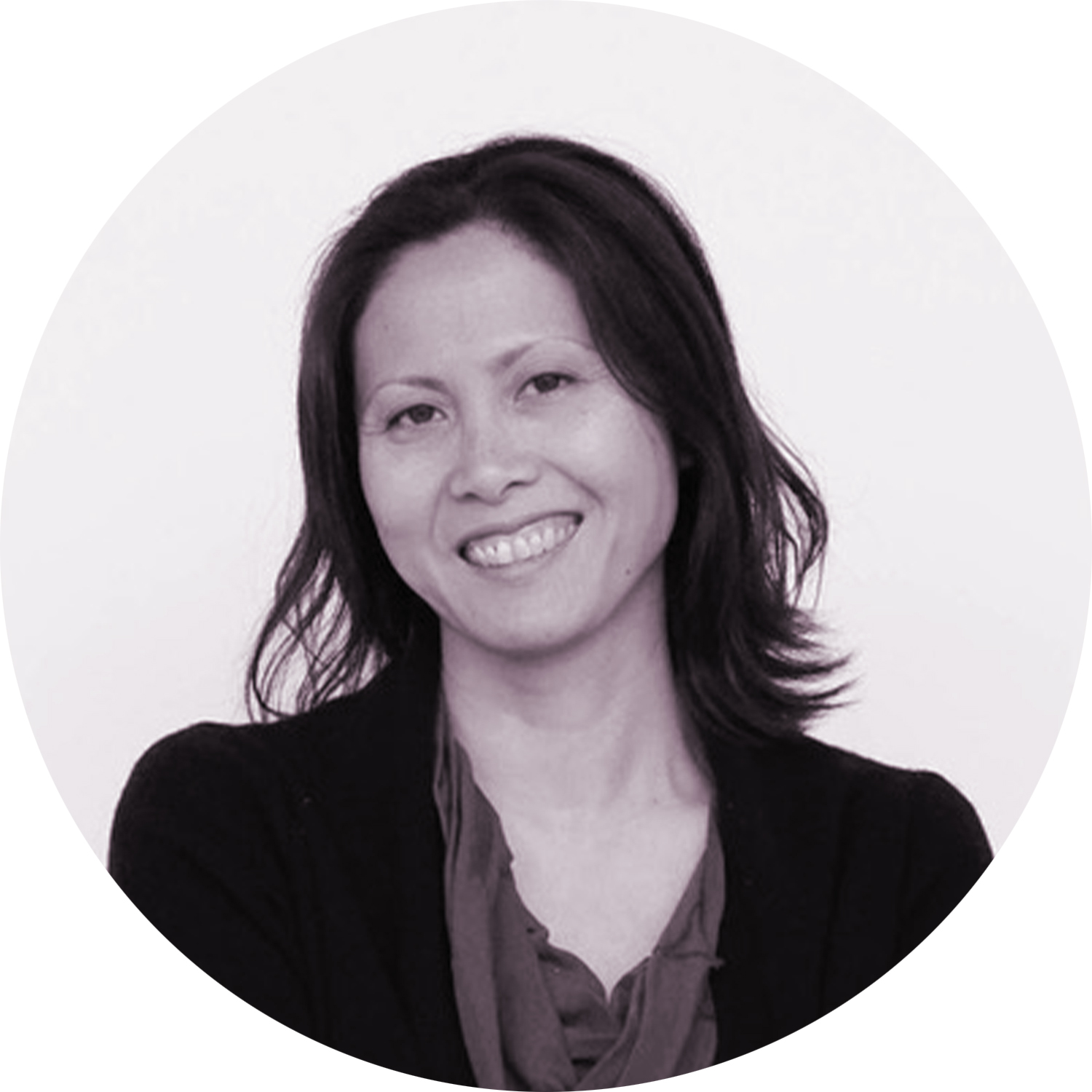
Session 1: Biological Interactions + Ecological Adaptation
Tsz Yan Ng
Assistant Professor, University of Michigan Taubman College of Architecture and Urban Planning
Tsz Yan Ng Design
Bio:
Tsz Yan Ng's material-based research and design primarily focus on experimental concrete forming (hard) and textile manipulation (soft), often times in direct exchange and incorporating contemporary technologies to develop novel designs for building and manufacturing. A common thread to her work investigates questions of labor in various facets and forms – underscoring broader issues of industrial manufacturing innovation, of human labor, crafting, and aesthetics. She’s the principal of an independent architecture and art practice and works collaboratively across disciplines and scales. She joined Taubman College, University of Michigan as the Walter B. Sanders Fellow (2007-2008) and is currently an Assistant Professor. She was also the Reyner Banham Fellow at the University of Buffalo from 2001-2002. Her co-edited book Twisted was released in 2018 and was co-editor for the JAE theme issue Work (2019).

Session 2: AI: Theory, Practice, Aesthetics
Alida Sun
Founder, Alida Sun Studio
Bio:
Alida Sun is an artist, futurist, and activist based in Berlin and New York. Her practice comprises building extended realities both virtual and augmented, machine learning paradigms, and interactive installations. Her current projects include developing decolonial protocols in AI and blockchain techology, exploring antifascist traditions in performing arts and digital culture with Düsseldorf Schauspielhaus, and generating immersive cyberfeminist narratives for Transmediale.
She graduated from RISD with a BFA in Industrial Design. Her works have been presented in new media exhibitions and audiovisual festivals around the world.
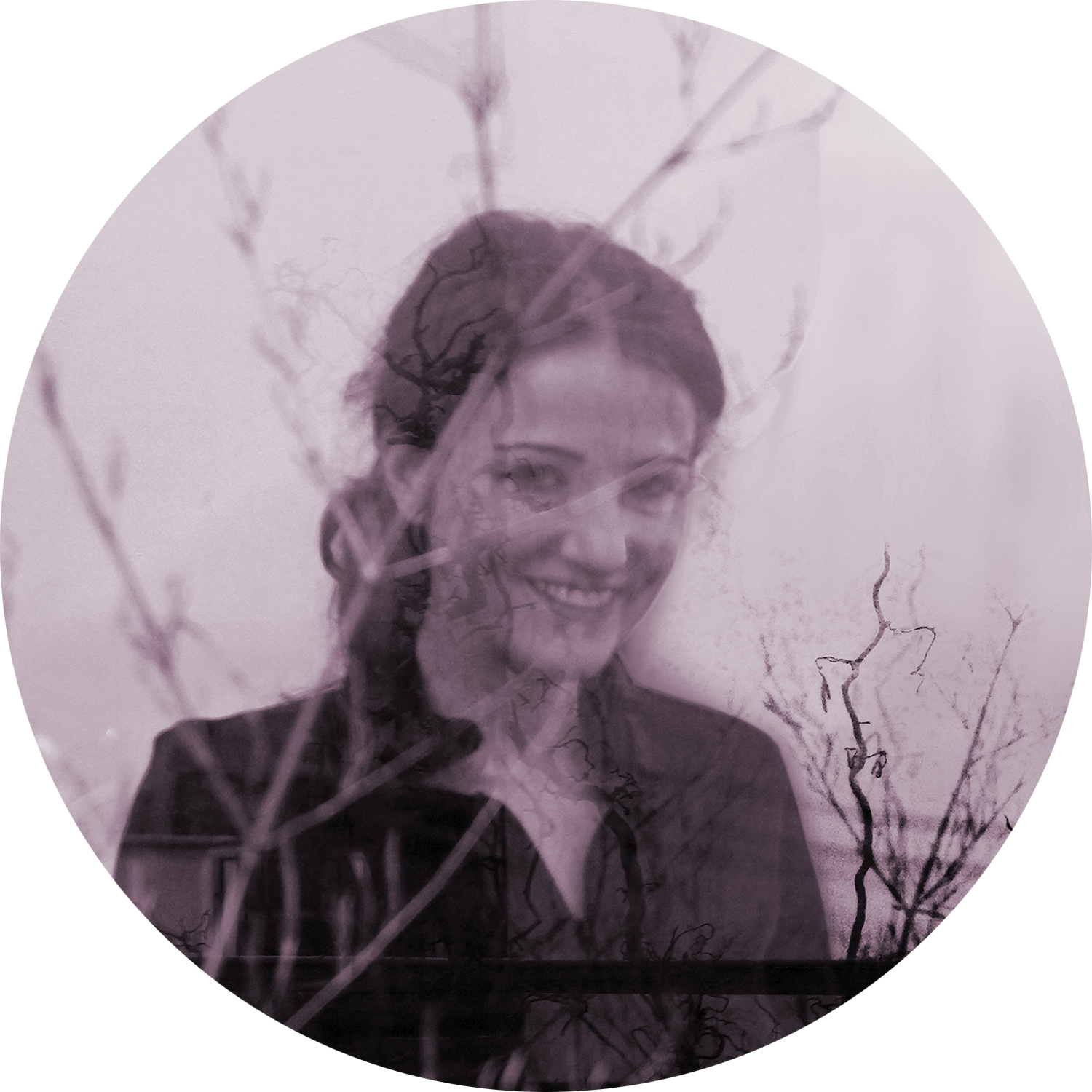
Session 3: Machine Learning, Data, Methodology, and Optimization
Sandra Manninger
Visiting Professor, Tsinghua Shenzhen International Graduate School
Co-Founder, SPAN
Bio:
Sandra Manninger is a registered architect and educator.
'In her office, SPAN Architecture, that she founded together with Matias del Campo in 2003, she is constructing an epistemological framework from practice and procedures that are based on the newly acquired knowledge that we increasingly employ through science and technology. The result does not come from a formal effort, but rather as a consequence of a union of evolutionary attempts based on very rigid design procedures. These involve design protocols that go beyond the tools itself, leaving space for a true ecology of digital thinking.
The research highlights how to go beyond beautiful data to discover something that could be defined voluptuous data. This coagulation of numbers, algorithms, procedures and programs uses the forces of thriving nature and, passing through the calculation of multi-core processors, knits them with human desire.'
Excerpts from Sabina Barcucci, digimag 64

Session 4: Programmable Matter
Leslie Lok
Assistant Professor, Cornell University
Co-Founder, HANNAH
Bio:
Leslie Lok is an assistant professor at Cornell University Department of Architecture and a co-founder at HANNAH, an experimental design practice for built and speculative projects across scales. HANNAH’s work utilizes novel material applications and innovative forms of construction to address subjects of architecture and urbanism. The work aims to mine the tension between machine means and architectural ends. Her teaching and research explore the intersection of housing, urbanization, and mass-customized construction methods. She has previously taught at McGill University and received her Master of Architecture from MIT.
HANNAH is the recipient of the 2020 Architectural League Prize and was named Next Progressives by Architect Magazine in 2018. Her contributions were exhibited at the 2019 Bi-City Biennale of Urbanism/Architecture in Shenzhen, Art OMI, the Pinkcomma Gallery, the Momentary, and the Canadian Centre for Architecture. Her work has been published at FABRICATE, Rob|Arch, and ACADIA, as well as featured in Architectural Record, the New York Times, Dwell, Digital Trends, and among others.
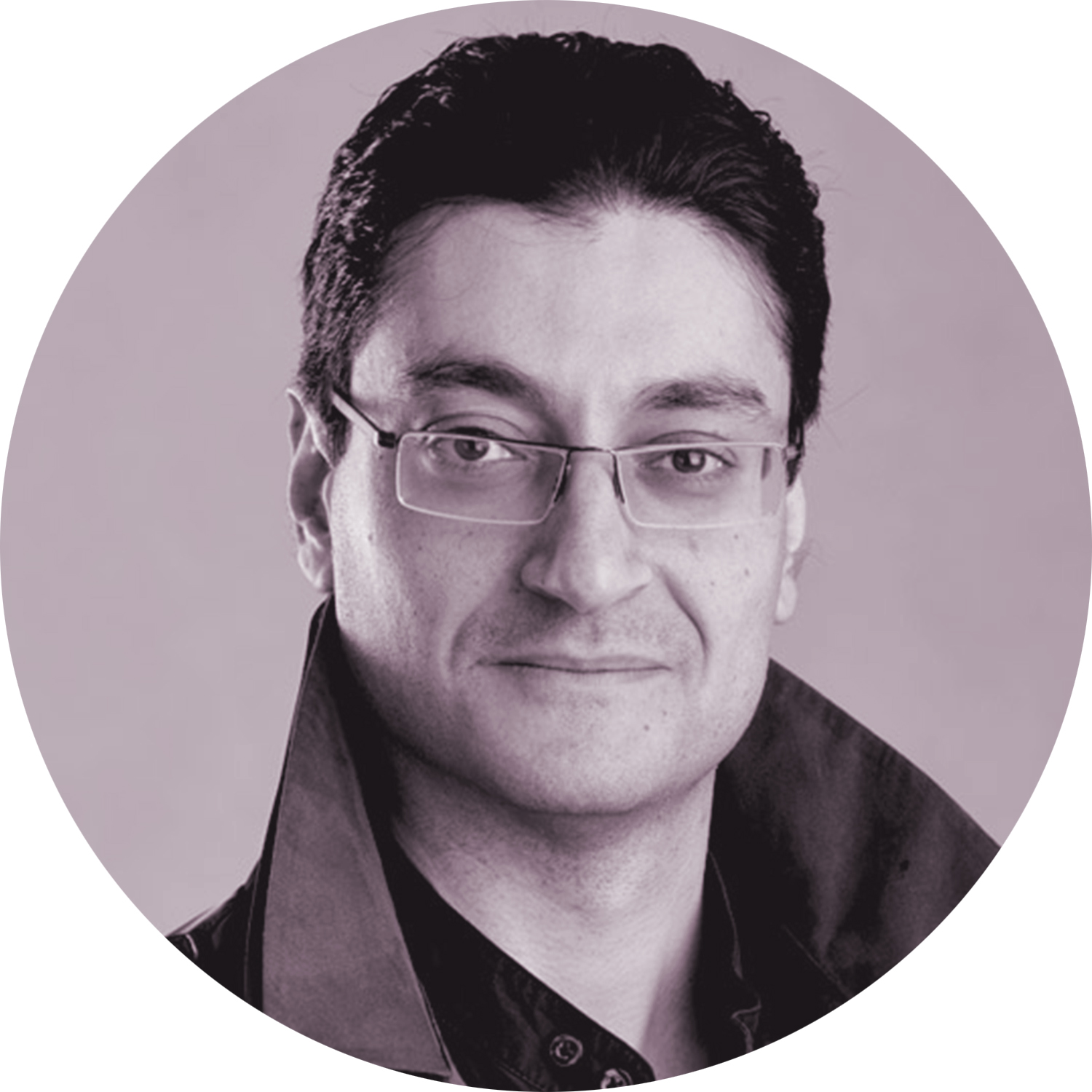
Session 5: Automated Fabrication and Operation
Masoud Akbarzadeh
Assistant Professor of Architecture in Structures and Advanced Technologies / Director of the Polyhedral Structures Laboratory (PSL), University of Pennsylvania Weitzman School of Design
Bio:
Masoud Akbarzadeh is a designer with a wide academic background and experience in architectural design, computation, and structural engineering. He is an Assistant Professor of Architecture in Structures and Advanced Technologies and the Director of the Polyhedral Structures Laboratory (PSL). He holds a D.Sc. from the Institute of Technology in Architecture, ETH Zurich, a Master of Science in Architecture Studies (Computation), and a March from MIT. He also has a degree in Earthquake Engineering and Dynamics of Structures from the Iran University of Science and Technology and a BS in Civil and Environmental Engineering. His main research topic is Three-Dimensional Graphical Statics, a novel geometric method of structural design in three dimensions. He has published widely in various peer-reviewed journals and received multiple awards, including the renowned SOM award for his architecture thesis in 2011 and the National Science Foundation CAREER Award in 2020 to extend 3D/Polyhedral Graphic Statics for Education, Design, and Optimization of High-Performance Structures.

Session 6: Architectures of Care, Computational Design and Health
Biayna Bogosian
Ph.D.(c) at University of Southern California School of Cinematic Arts
Assistant Professor at Florida International University School of Architecture
Bio:
Biayna Bogosian’s academic and professional background extends in the fields of architecture, environmental design, computational design, data science, and immersive media design. Biayna’s interdisciplinary research has allowed her to understand innovation in design and technology within a broader environmental context and explore data-driven and participatory methods for improving the built environment. Biayna is a Ph.D. candidate in the Media Arts and Practice (iMAP) program at the USC School Cinematic Arts. Her dissertation focuses on the application of participatory immersive media for environmental monitoring, literacy, and policymaking. She is currently an Assistant Professor of Architectural Technology at Florida International University (FIU), where her research is supported by several National Science Foundation (NSF) grants. She has also taught at Columbia University GSAPP, Cornell University AAP, University of Southern California SoA, and Tongji University CAUP, and the American University of Armenian among other universities. She has been one of the co-organizers of the DigitalFUTURES World 2020 events and CAAD Futures 2021 conference.
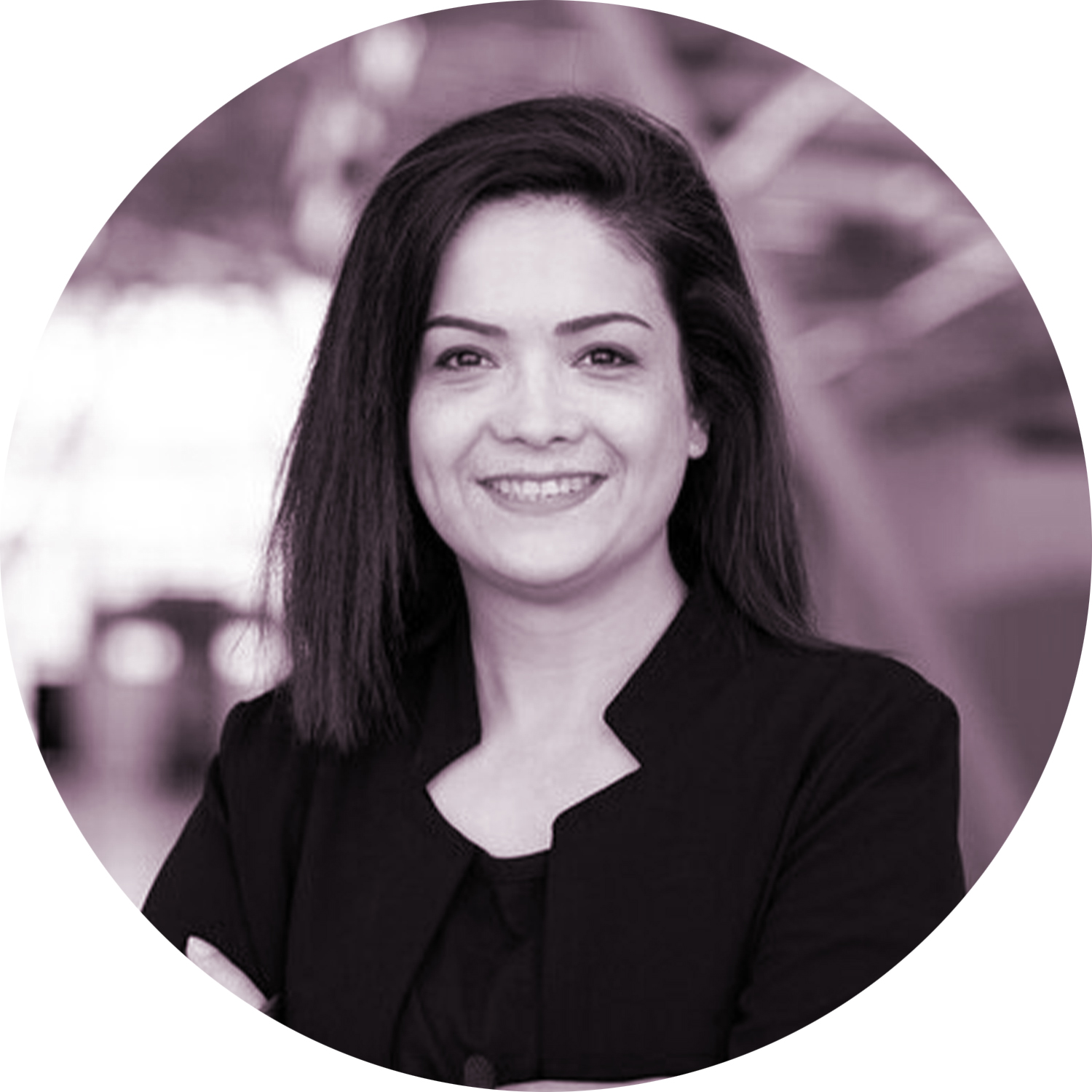
Session 7: Retooling and Robotic Craft
Negar Kalantar
Associate Professor, California College of the Arts
Co-Director, CCA Digital Craft Lab
Bio:
Dr. Negar Kalantar is an Associate Professor of Architecture and a Co-Director of Digital Craft Lab at California College of the Arts (CCA) in San Francisco. Her cross-disciplinary research focuses on materials exploration, robotic and additive manufacturing technologies and engaging architecture, science, and engineering as platforms for examining the critical role of design in global issues and built environments.
Kalantar is the recipient of several awards and grants, including the Dornfeld Manufacturing Vision Award 2018, the National Science Foundation, Autodesk Technology Center Grant, and X-Grant 2018 from the Texas A&M President’s Excellence Fund on developing sustainable material for 3-D printed buildings.
Some of the outcomes of her work have been featured in the Guardian, on the BBC, in science-focused magazines, and by the National Science Foundation. Her research has been presented at the Technical University of Vienna and Berlin, ETH Zurich, University of Maryland, Tehran University, Virginia Tech, Texas A&M University, and New York 3D Print Show. She has organized national and international workshops on additive manufacturing, robotics, and materials advancement in digital fabrication and architecture.

Session 8: Real-time Sensing and Iteration: From the Material to the Political
Viola Ago
Wortham Fellow, Rice University School of Architecture
Director, MIRACLES Architecture
Bio:
Viola Ago is an architectural designer, educator, and practitioner. She directs MIRACLES Architecture and is the current Wortham Fellow at the Rice University School of Architecture. More recently, Viola held the Christos Yessios Visiting Professorship at the Knowlton School of Architecture at OSU and the William Muschenheim Design Fellowship position at the Taubman College of Architecture, University of Michigan. Viola has also previously taught at Harvard’s GSD, RISD School of Architecture, and SCI-Arc. She earned her M.Arch degree from SCI-Arc, and a B.ArchSci from Ryerson University in Toronto. Prior to teaching, Viola worked as a lead designer in the Advanced Technology Team at Morphosis Architects in Los Angeles.
Viola’s work has been exhibited in Los Angeles, Boston, Houston, Ghent NY, San Francisco, Miami, Columbus, Ann Arbor, and Cincinnati. Her written work has been published in Log, Wiley’s AD Architectural Design Magazine, Routledge’s Instabilities and Potentialities Book, Sci-Arc’s Offramp, Acadia Conference Proceedings, TxA Emerging Design and Technology Journal, JAE Journal, Architect’s Newspaper, and Archinect. Viola held a digital fabrication residency at the Autodesk Build Space in Boston, a University Design and Research Fellowship with Exhibit Columbus, and an artist residency at the MacDowell Colony.

Session 9: Autonomous Sensibility
Maya Alam
Faculty, University of Pennsylvania Weitzman School of Design
Partner, Alam/Profeta
Bio:
Maya Alam is a German/Indian architect and designer. She holds a degree of Dipl. Ing. of Interior Architecture from the Behrens School of Arts in Düsseldorf and a Master of Architecture with Distinction from the Southern California Institute of Architecture in Los Angeles. Maya was the inaugural recipient of the 2016/17 Harry der Boghosian Fellowship. She was awarded the AIA Henry Adams Certificate and a Selected Best Thesis Award at SCI-Arc. She has worked in Germany, India, Switzerland, China, Italy, and the United States with P-A-T-T-E-R-N-S, NMDA, UNStudio and Studio Fuksas, among others. She has taught at Southern California Institute of Architecture, Syracuse University & Yale University and is currently part of the faculty at the University of Pennsylvania, Weitzman School of Design.
Maya is one of the founding partners of Alam/Profeta, a collaborative partnership with Daniele Profeta. Their projects combine everyday digital habits, contemporary imaging technologies and traditional craftsmanship to surpass an introverted conversation and open up novel forms of practice. Past work ranges from small scale public installations to sites of speculative re-use. Weaving existing conditions with contemporary manufacturing technologies and aesthetics, engaging with the heterogeneous, often contradictory set of evidences of a given context, their practice focuses on constructing inclusive interventions that embrace and critically address the multi-faceted nature of our reality.
The work of A/P Practice has received support from the Smithsonian National Museum of American History in Washington DC, the Anchorage Museum in Alaska, the A+D Museum of Architecture and Design in Los Angeles, Syracuse University, Kent State University and the Festival des Architectures Vives in Montpellier, France.
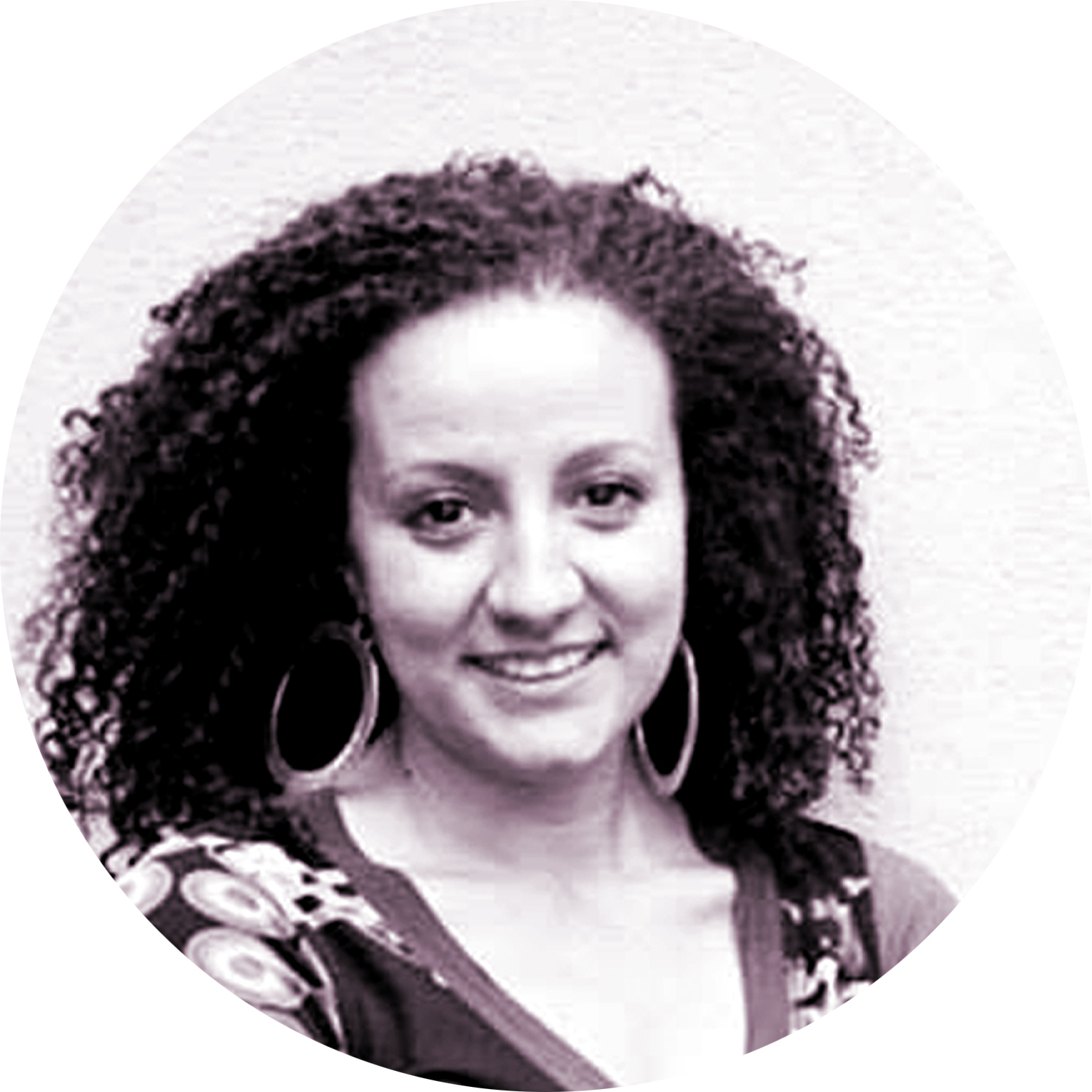
Session 10: Environmental Responsiveness, Simulation, and Performance Optimization
Marcella Del Signore
Associate Professor, New York Institute of Technology
Principal, X-Topia
Bio:
Marcella Del Signore is an architect, urbanist, educator, scholar, and the principal of X-Topia, a design-research practice that explores the intersection of architecture and urbanism with technology and the public, social and cultural realm. She is an Associate Professor and Director of the Master of Science in Architecture, Urban and Regional Design at the New York Institute of Technology, School of Architecture and Design. Her research focuses on interscalar design approaches that engage socio-technical systems through computation, prototyping, material and fabricated assemblies, data-driven protocols, and adaptive environments. She is the author of Urban Machines: Public Space in a Digital Culture (LISTLab, 2018; OROEditions, 2020; with G. Riether) and the editor of Data, Matter, Design: Strategies in Computational Design (2020, Routledge; with F. Melendez, N. Diniz). In 2018, she co-edited “Recalibration: On Imprecision and Infidelity” paper and project proceedings (with P. Anzalone and A. J. Wit) published during the 2018 ACADIA Conference where she served as technical co-chair. In 2018, she co-curated the ‘Data & Matter’ exhibition at the ECC during the 2018 Architecture Venice Biennale, and she is currently invited to exhibit at the 17th Architecture Venice Biennale in 2021.

Session 11: Disrupted Practice, Collaboration, Workflows, and Labor
June Grant
Founder and Design Principal, blink!LAB
Bio:
June A. Grant, RA, NOMA, is Founder and Design Principal at blink!LAB architecture; a boutique research-based architecture and urban design practice. Launched in 2014, Blink!LAB is based on Ms. Grant’s 20 years experience in architecture, design and the urban regeneration of cities and communities. Her design approach rests on an avid belief in cultural empathy, data research and new technologies as integral to design futures and design solutions.
blink!LAB has three mandates - A commitment to Design Exploration, Advocacy for Holistic Solutions and the Integration of Technology as a central component for a regenerative society.
Ms. Grant is also the current President of the San Francisco Chapter of the National Organization of Minority Architects (SFNOMA).
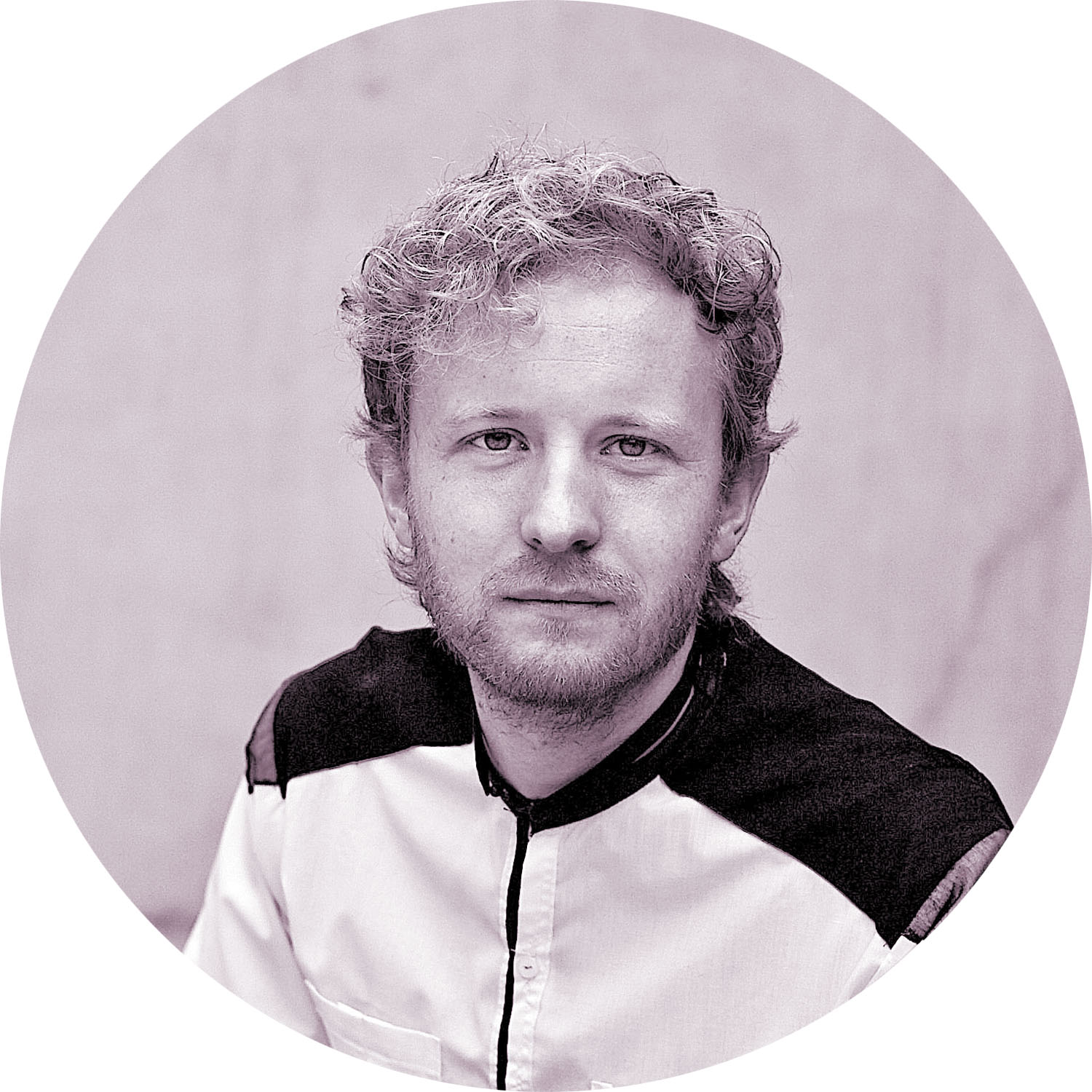
Session 12: Augmented Construction and Remote Practices
Christoph Klemmt
Assistant Professor, University of Cincinnati
Co-Founder, Orproject
Bio:
Christoph Klemmt received his diploma from the Architectural Association in London in 2004. He is Assistant Professor at the Department of Design, Art, Architecture and Planning at the University of Cincinnati, where he received a grant to set up the Architectural Robotics Lab. He taught and gave workshops at the AA Visiting Schools, Tsinghua University, Tongji University, and he directed the AA Visiting School at the Angewandte in Vienna.
He worked amongst others for Zaha Hadid Architects and Tezuka Architects. In 2008 he co-founded Orproject, an architect’s office specialising in advanced geometries with an ecologic agenda. Orproject exhibited at the Palais De Tokyo in Paris, the China National Museum in Beijing and the Biennale in Venice. The work of Orproject was featured world-wide in magazines and books such as Domus, Frame and AD, and the practice won several international Awards.
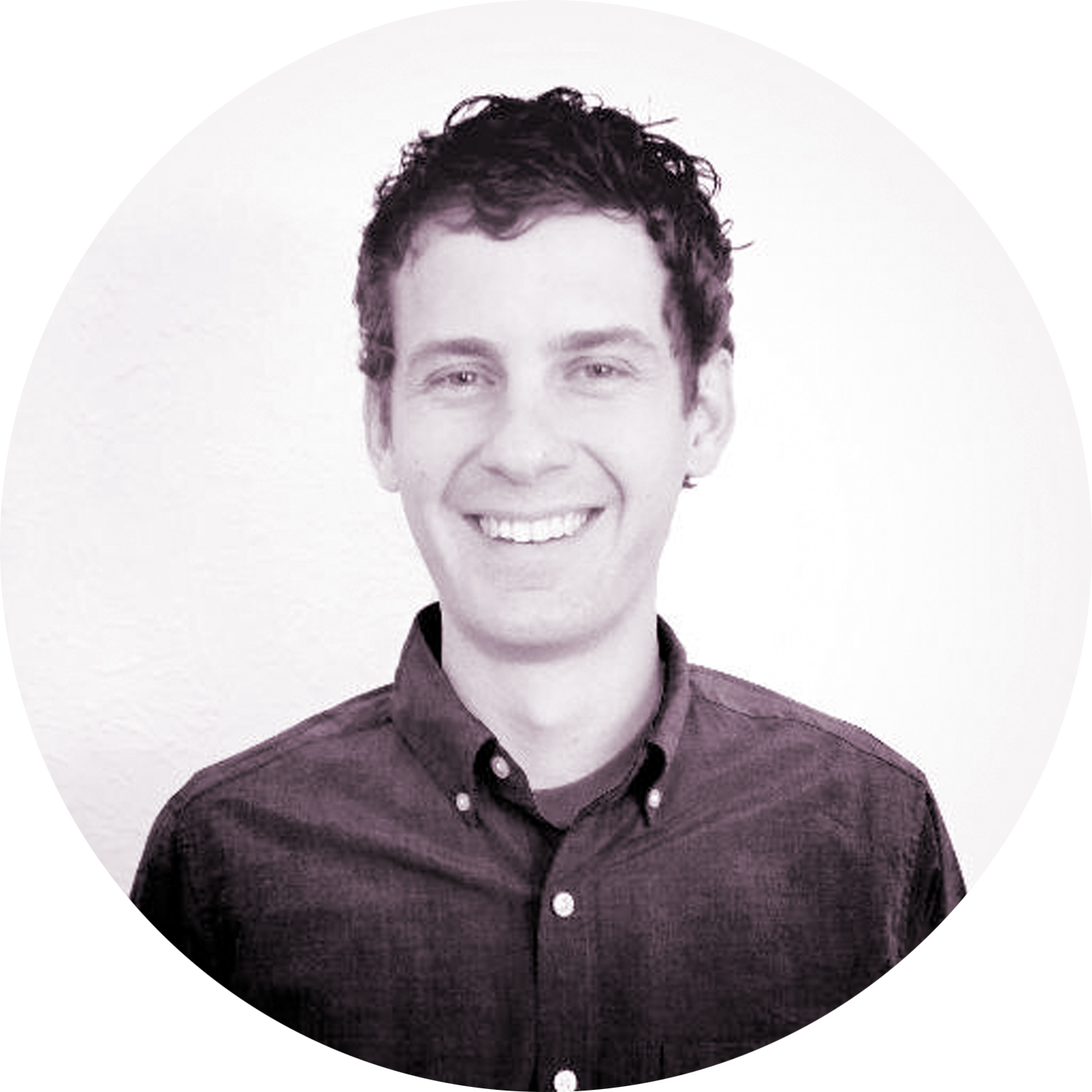
Session 13: Prototyping, Composites, and Self Organizing Material Systems
Kevin Hirth
Assistant Professor, University of Colorado Denver
Director, KEVIN HIRTH CO.
Bio:
Text forthcoming.

Session 14: Design Cultures, Representation, and Aesthetics
Mara Marcu
Associate Professor of Architecture, University of Cincinnati DAAP
MMXIII LLC
Bio:
Text forthcoming.